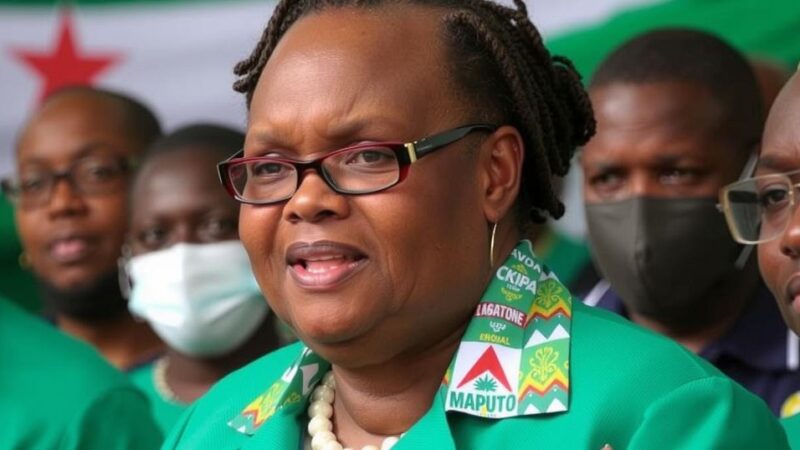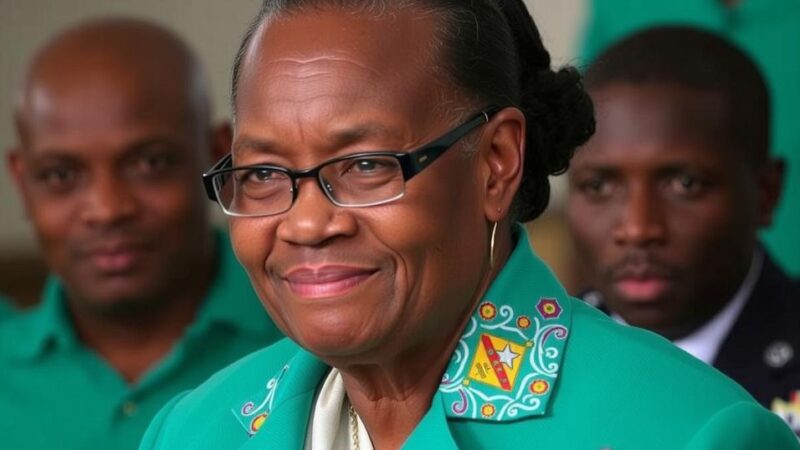Duma Boko has become Botswana’s President, ending the Botswana Democratic Party’s (BDP) 50-year rule. A Harvard-educated human rights lawyer, he won public support through promises of economic reforms and job opportunities. After three attempts at the presidency, Boko successfully formed the Umbrella for Democratic Change to unify opposition parties against the BDP’s dominance, marking a pivotal moment in Botswana’s political history.
Duma Boko has made history by becoming Botswana’s next President, successfully ending the Botswana Democratic Party’s (BDP) 50-year authority. Having received his education at Harvard and trained as a human rights lawyer, Boko is known for his diplomatic demeanor and friendly approach, which resonated well with the youth and citizens affected by economic struggles. His campaign focused on promising significant economic reforms, job creation, and government support, thus earning him widespread public support. Yet, Boko’s rise to power was not without obstacles. His election as president marks a turning point after three unsuccessful attempts. He was instrumental in establishing the Umbrella for Democratic Change (UDC), a coalition uniting various opposition parties to challenge the BDP’s longstanding rule. Boko’s perseverance and commitment to democratic principles allowed him to thrive amidst the competitive landscape defined by the BDP’s enduring influence.
The significance of Duma Boko’s victory cannot be understated within the context of Botswana’s political history. The Botswana Democratic Party has maintained a firm grip on power since the nation’s independence, making Boko’s success indicative of shifting political sentiments in the country. As a Harvard-educated lawyer with a focus on human rights, Boko’s approach to leadership and governance is aligned with the demands of a changing electorate, particularly among younger voters. His efforts in forming the UDC exemplify a strategic move towards consolidating opposition entities against an established political force.
In conclusion, Duma Boko’s election as President represents a monumental shift in Botswana’s political landscape, breaking a 50-year dominance by the BDP. His adept political maneuvering, alongside a focus on addressing the tangible needs of citizens, particularly in terms of economic reform, has positioned him as a beacon of hope for many. The challenges he faced only underscore his resilience and commitment to fostering a more inclusive and responsive government.
Original Source: www.africa.com







